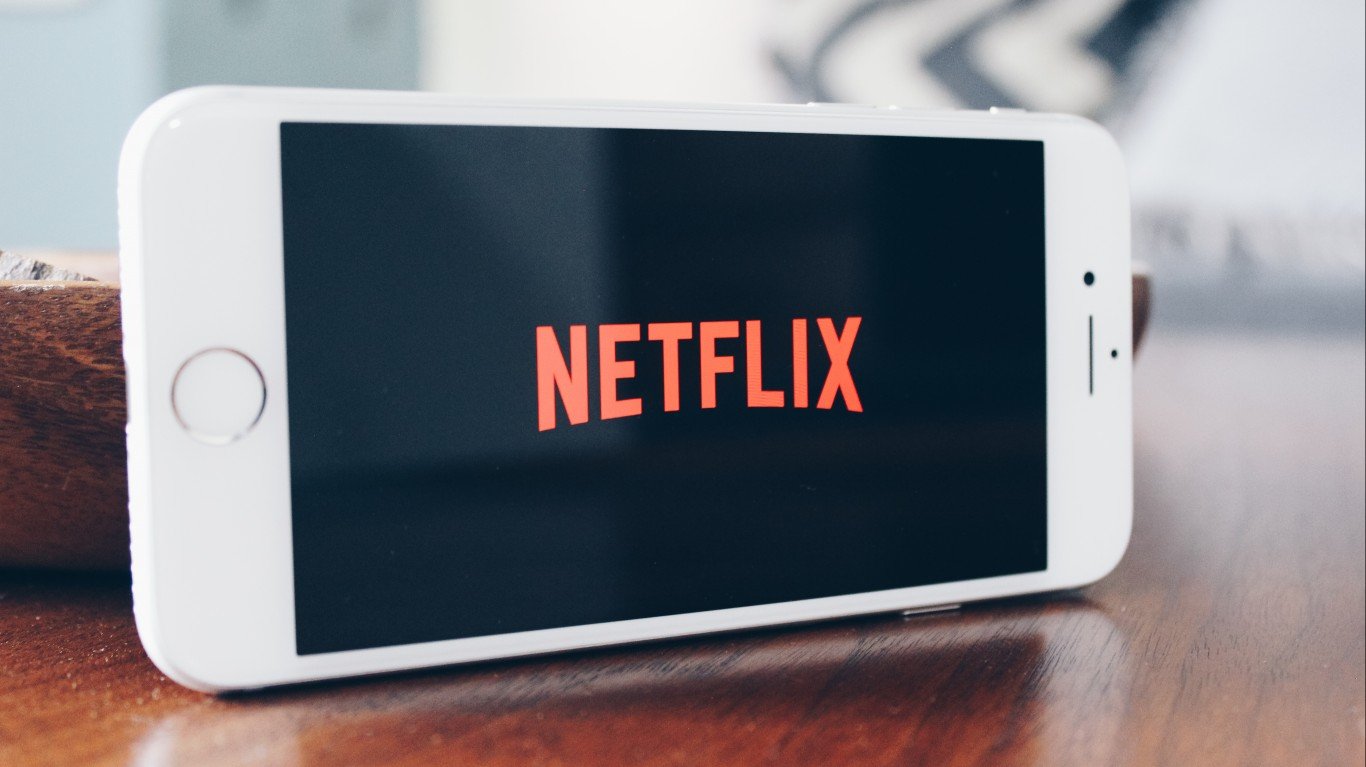

In 2019, the United States exported $125.5 billion worth of nonmilitary airplanes and parts, nearly double the $65.3 billion in crude oil sent overseas. Commercial aircraft and parts accounted for about 9.3% of total U.S. exports last year of $1.65 trillion.
For Boeing Co. (NYSE: BA), the grounding of its 737 Max following two fatal crashes that killed 346 people has sent the share price tumbling and shaken up the company’s top management, which was barely settled before the company was hit by COVID-19 in its Washington plants. The company announced Sunday that all its production in Washington will be suspended until further notice.
The announcement boosted the share price by more than 8% on Monday. Another stock getting a boost, of 8%, Monday morning was Woodward Inc. (NYSE: WWD), which said in a joint statement with Hexcel Corp. (NYSE: HXL) that the announced merger between the two aircraft parts suppliers has been called off.
The termination is attributed to “the increasing impact on both the aerospace and industrial sectors … resulting from the health crisis caused by the coronavirus (COVID-19) pandemic.” Woodward noted that now both companies needed to focus on how the pandemic has affected their own businesses and on their “ability to realize the benefits of the merger during these unprecedented times.”
In a separate announcement, Woodward said it is reducing CEO Thomas Gendron’s salary by 25%, and other company officers will take a 10% pay cut. Hendron was scheduled to retire one year after the merger completed, but instead he will continue as CEO, board chair and president of the company.
Independent directors also will see a 25% haircut to their retainers. The company is instituting a wage freeze, eliminating 2020 annual bonuses, reducing nonessential costs, focusing on reducing working capital and limiting capital spending. The company also withdrew guidance for 2020.
When the merger was announced in January, Woodward said it was increasing its quarterly dividend from $0.1625 to $0.28. Now, the company will cut its $0.1625 quarterly payment to $0.08125 in order to preserve financial flexibility.
Hexcel, too, has taken steps to reduce costs, including implementing a hiring freeze, restricting travel, scrutinizing all discretionary spending, curtailing capital expenditures and evaluating employment levels to align with lower customer demand. The company also said it has $637 million in borrowing available on its $1 billion revolver and has no material debt maturity until June 2024.
Hexcel also adopted a poison pill, giving each current shareholder one preferred share purchase right for each share of common stock outstanding. The rights plan is only exercisable if a person or group acquires 15% or more of the company’s common stock. If that should happen, each right will entitle its holder (other than the acquirer) to purchase for $150, a number of Hexcel’s common shares having a market value of $300. The rights expire on April 15, 2021.
Boeing stock traded up about 9.7% late Monday morning, at $156.53 in a 52-week range of $89.00 to $391.00. The consensus price target on the shares is $182.17.
Woodward’s stock traded up about 7.7% to $55.19, in a 52-week range of $46.51 to $129.06. The consensus price target is $94.33.
Hexcel traded down about 2.5% to $30.80. The 52-week range is $28.05 to $87.00, and the mean price target is $63.42.
Sponsored: Want to Retire Early? Here’s a Great First Step
Want retirement to come a few years earlier than you’d planned? Orare you ready to retire now, but want an extra set of eyes on your finances?
Now you can speak with up to 3 financial experts in your area for FREE. By simply clicking here you can begin to match with financial professionals who can help you build your plan to retire early. And the best part? The first conversation with them is free.
Click here to match with up to 3 financial pros who would be excited to help you make financial decisions.
Thank you for reading! Have some feedback for us?
Contact the 24/7 Wall St. editorial team.
 24/7 Wall St.
24/7 Wall St.